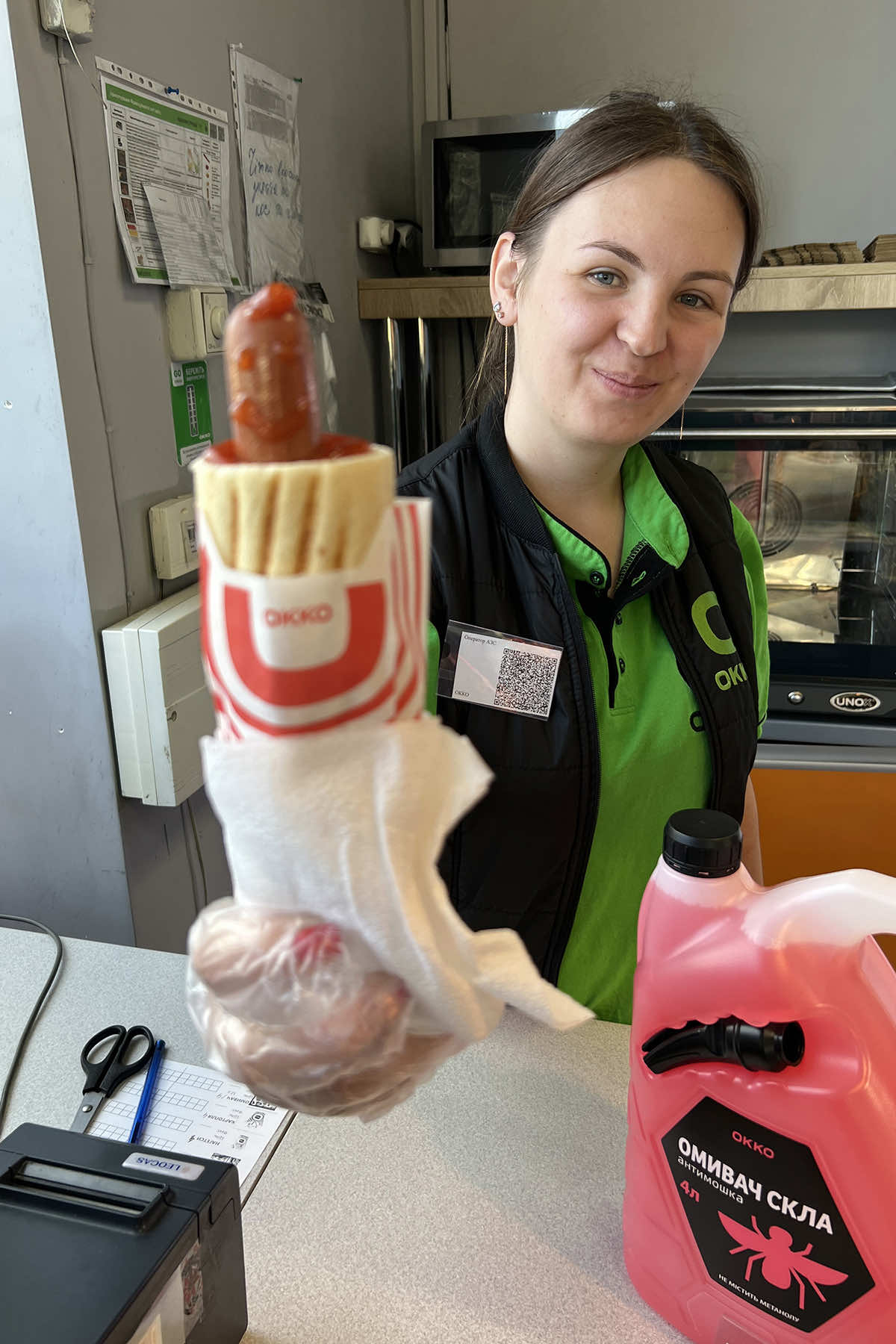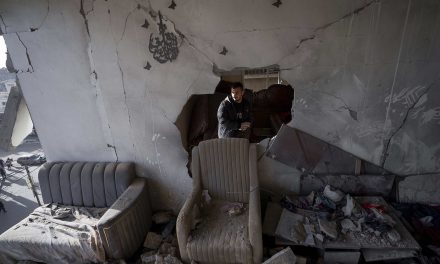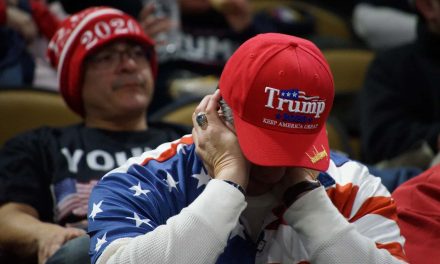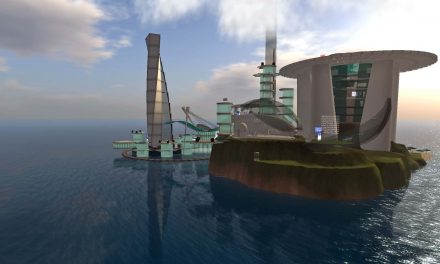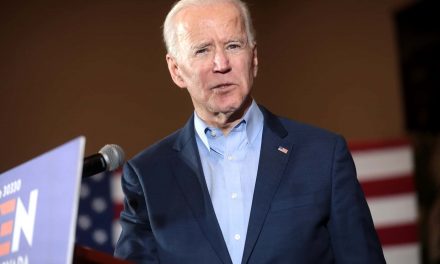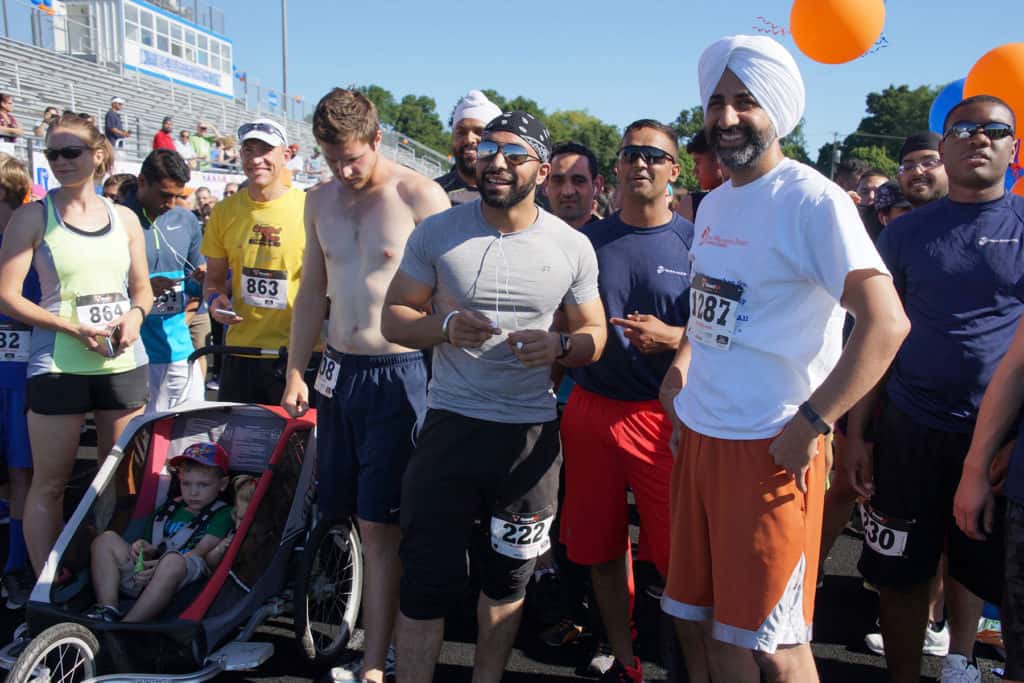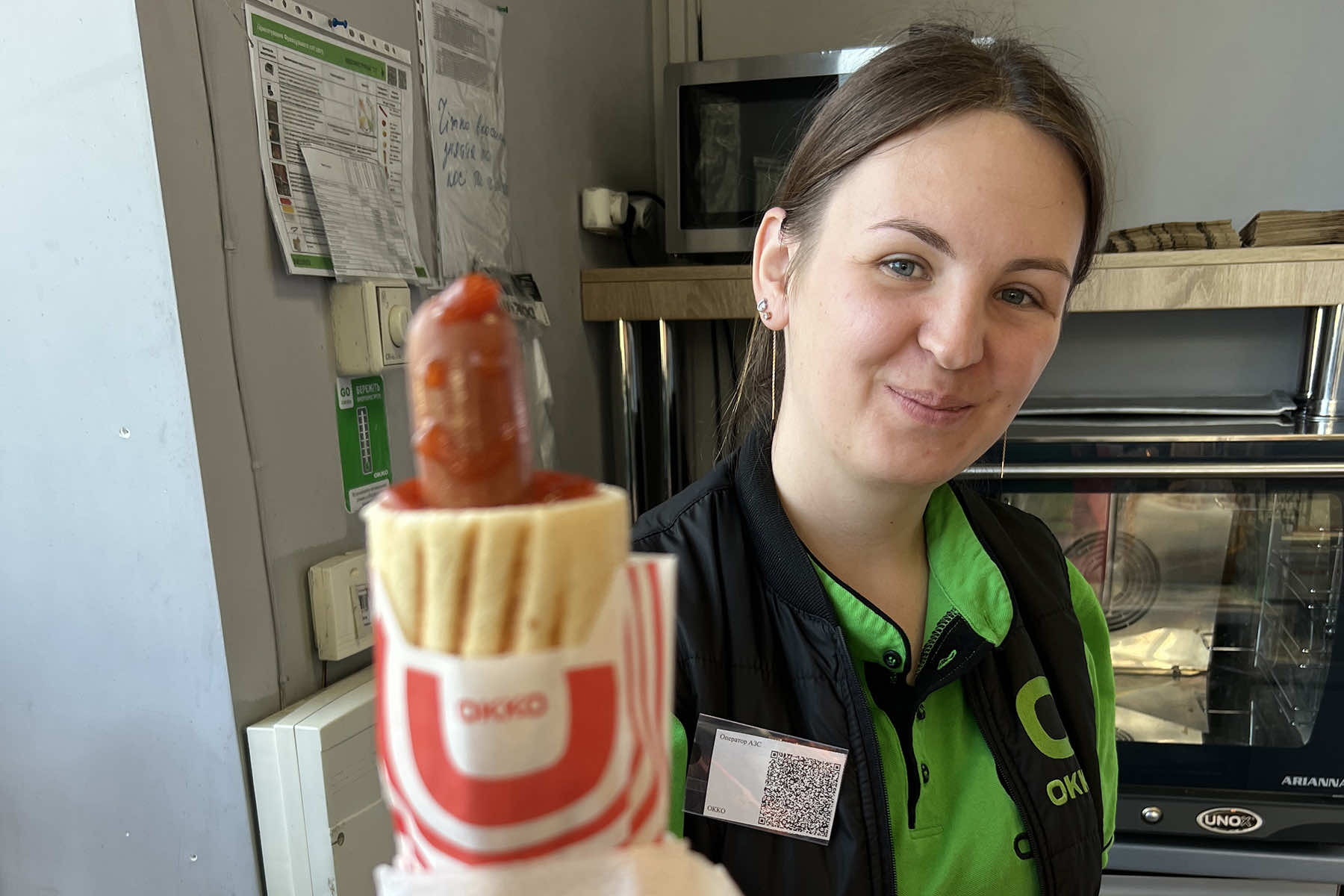
As I reflect on my second assignment to Ukraine from June to July, and the corresponding news series of articles, interviews, and photo essays I produced, a flood of thoughts come to mind. One in particular involved a hotdog.
I originally intended to post the image for this story to social media. As I thought about how to introduce it for context, what I wanted to say stretched beyond a simple caption.
I have had the privilege and burden to see a side of Ukraine during war that no other journalist in Wisconsin has been exposed to. I have been a witness to stories of unimaginable heroism, and evidence of horror at Biblical levels.
Russia’s brutal and unprovoked full-scale invasion is very much a parallel to the COVID-19 pandemic for its social impact. All of Ukraine’s society is affected but it is unequal. Some parts are devastated while other sections appear oblivious.
I have thought about the personal sacrifices made by so many of the people who I met along this last journey, and the way some of them also strive to celebrate life in defiance of the smothering oppression they face. It is a spectrum of contradictions without an understanding of the situation.
One of the many thoughts that has stayed with me is what difference does my photojournalism work make? To change the course of the war, absolutely nothing. But my purpose was to be a witness, and I have been faithful to that duty.
Not everyone in war can be heroic. Just like in life, not everyone can accomplish great things. But as a community, everyone plays a part for the collective good of their neighbors. We learned that during the pandemic, essential workers were both first responders and food service workers. Someone has to put out the fires, but someone also has to fulfill the far less romantic role of making sure people do not starve. And many also died so that an entitled class of citizens would not be denied their supply of bacon.
In the context of a war that Ukraine was unexpectedly thrust into, the burdens and suffering are unequal simply due to geography. But the trauma, no matter what the size, is very real to everyone equally.
So what can someone working in an Okko Gas station’s convenience store contribute to either the war or the social good? This was my thought regarding the “hotdog” photo, in how to describe something so visually simple yet symbolically complex.
In our drive across Ukraine, our team stopped every few hours. Sometimes it was legitimately for gasoline, other times it was to provide a smoke break for some team members. If I had to be critical of anything in Ukraine, it would be that the Russians might have been driven out by now if Ukrainians took fewer smoke breaks.
Otherwise, the pitstops allowed me to stretch my legs and grab a snack from the convenience store. Often this included coffee, to keep me awake after such long days. But usually they always included a hotdog.
Ukraine hotdogs are like a panini, without the ballpark bun we are used to in America. Something about this alteration elevated the simple hotdog to something far more special in my mind. Probably because during my first assignment to Ukraine in May 2022, as I was absorbing the country and its conditions at war, I first encountered it. And such a style is not available in America.
At one particular pitstop in Bila Tserkva, about 53.6 miles south of Kyiv, I ordered a Franske “French” hotdog. It cost around UAH ₴32.00 ($1 USD = ₴36.5 Ukrainian hryvnia). For me, part of the hotdog experience is watching it being prepared.
On this occasion, the young woman assembling my snack took an extra moment to apply more ketchup. I wondered what she was doing until it became clear she was turning the exposed part of the hotdog into a smiley face.
I burst out laughing and asked her to pose with the smiley dog. It was something so unexpected and simple, and offered such a wonderful moment of joy.
As I waited outside, eating my smiley dog and holding onto the wonderfully warm feelings that were gifted to me, another member of my team came out to join us. He was so excited, and remarked that the counter girl had been flirting with him. I asked … did she make a smiley face on your hotdog?
He was crushed to learn that he had not been uniquely special, and the rest of us burst out laughing. It can be easy to confuse the purpose of kindness, especially being a foreigner. But the truth was, the young woman knew we were traveling across the country and was just trying to offer us a smile.
It was a wonderful gift.
Amid the fatigue of our war experience, here was someone who offered a bright moment of kindness. The photo I snapped remains a memento of that expression. I wonder how many smiley face hotdogs that young woman has made for travelers.
She is not on the frontline saving lives, but she remains a steward of Ukrainian society, helping others to remember that there is something beautiful beyond the horror of Russia’s brutality.
I never got her name, as our interaction was only a brief few minutes and language prevented any meaningful exchange. But the young woman at the Okko Gas station who tried to offer a bright moment in a dark time will always be remembered for her simple act.
[*] The title for this narrative was taken from “So Long, and Thanks for All the Fish,” the fourth book of the “Hitchhiker’s Guide to the Galaxy” trilogy of six books written by Douglas Adams in 1984. It seemed silly but also fitting to adapt for this extended narrative.I have left Ukraine – again – and for all my thoughts of trauma and suffering, a smiley face hotdog still gives me a chuckle.
We really need more people in the world willing to draw ketchup smiley faces on hotdogs.

